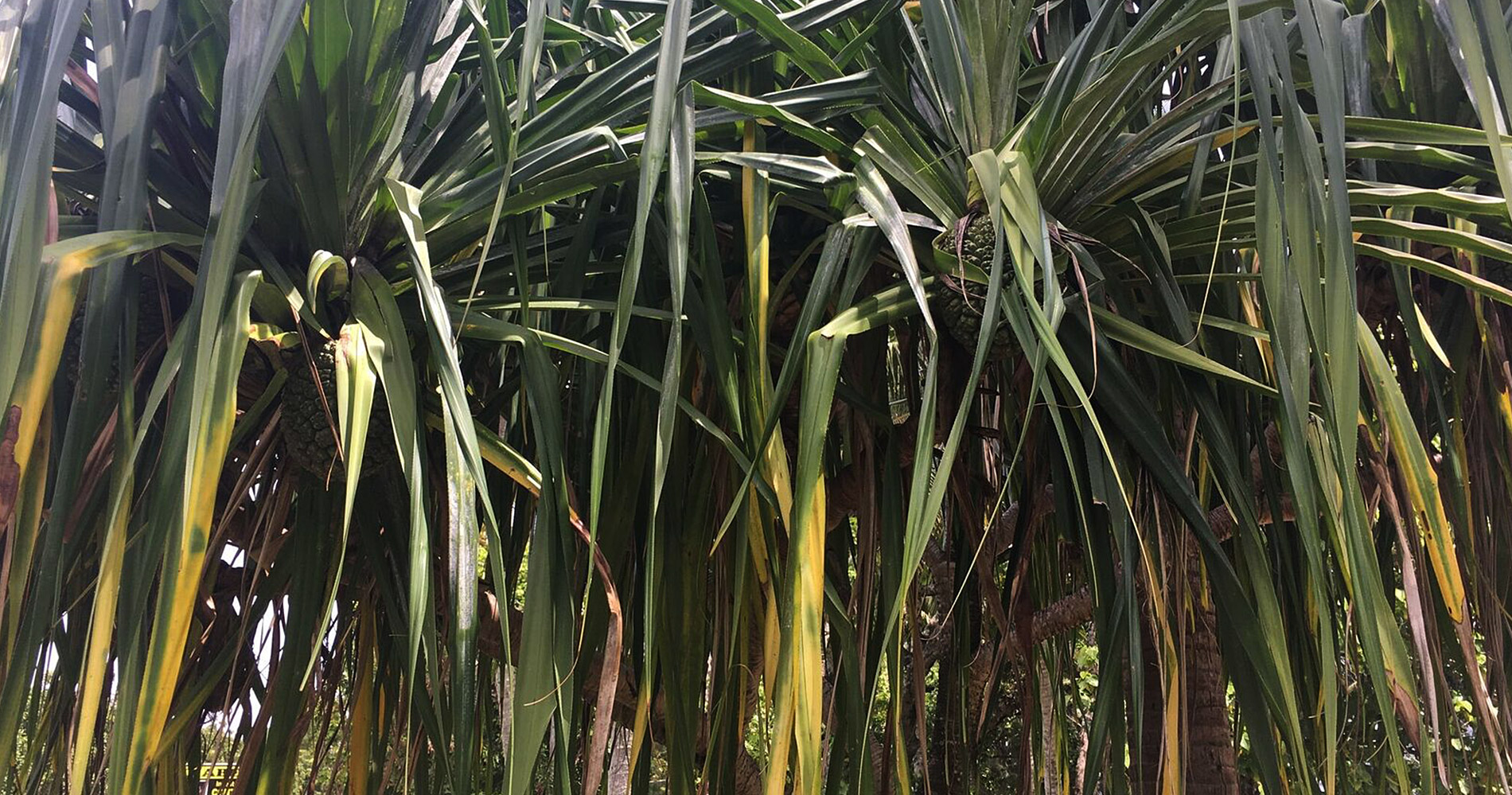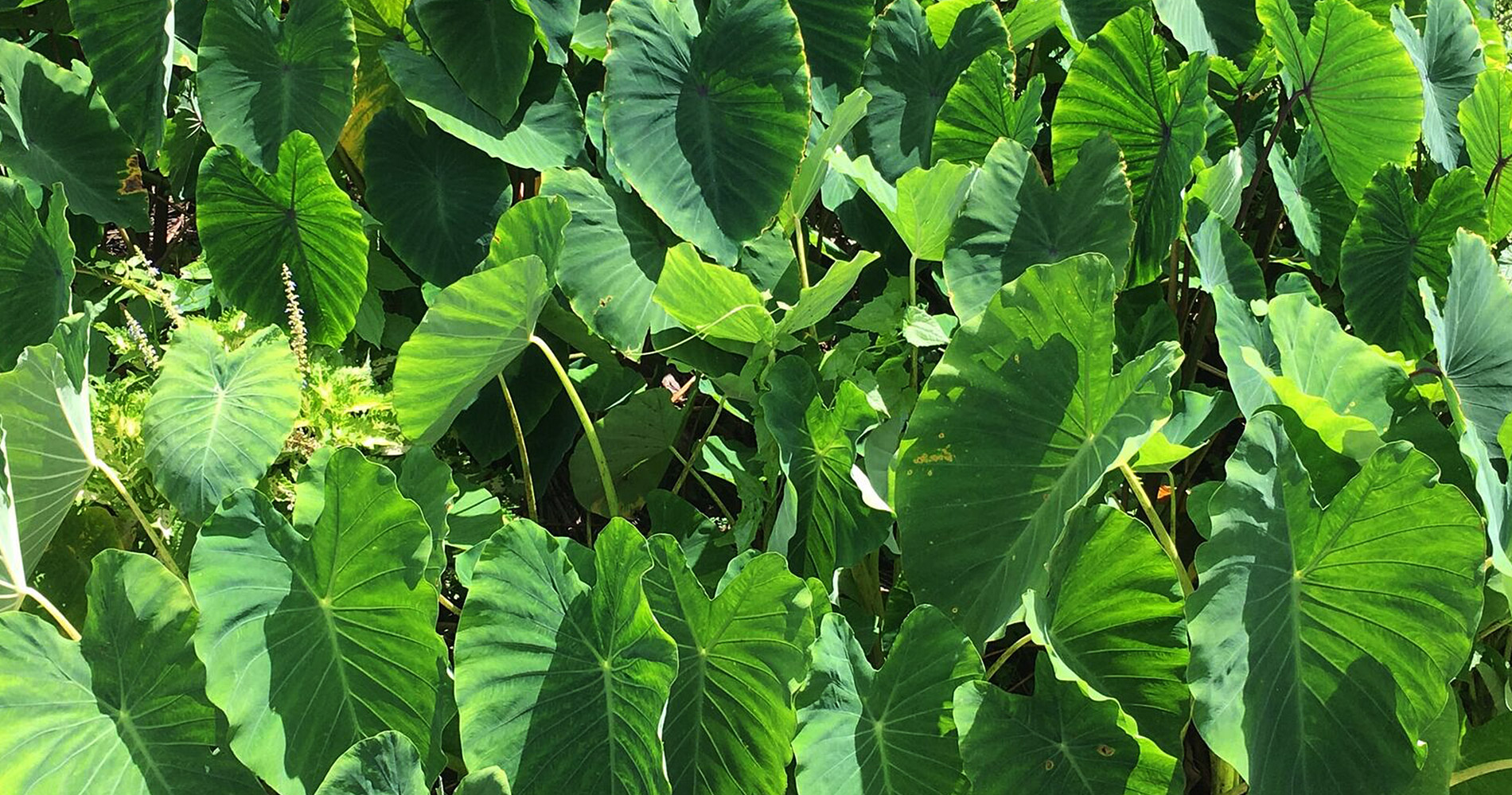rotopū Pronunciation
1. The middle, between, among. Tīpūa te ika ki rotopū. Cut the fish in the middle (i.e. In two). E kōputa iā rotopū i te rākau. Make a hole in the middle of the piece of wood. I tōna pupu‘i‘anga kua puta ki rotopū i te tāpa‘o. When he fired, he hit the bullseye. Kua ‘aere mai ‘aia ē kua tū ki rotopū ia māua. He came and stood between us. I rotopū i te ora iva ē te ora nga‘uru i tae mai ei ‘aia. It was between nine and ten that he got here. Kua no‘o ‘aia ki rotopū ia mātou ē ‘oki ‘ua atu ‘aia. He stayed with us until he had to go. Nā tēta‘i i rotopū ia kōtou i rave i teia ‘anga‘anga. It was one of you (some of you) who did this. I rotopū i te rima iāti. Within five yards.

